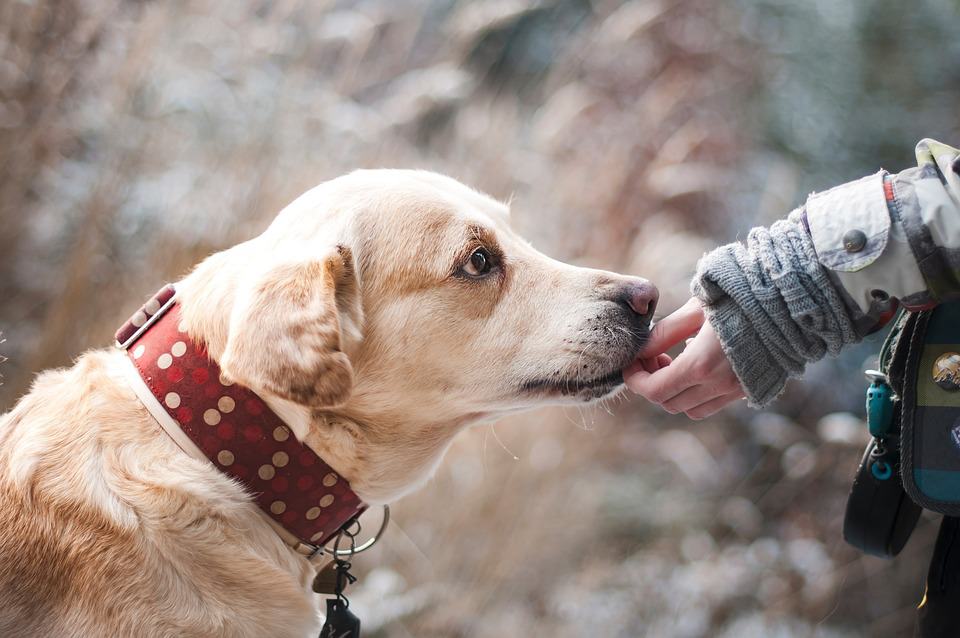What is Prairie Dog Milking?
Prairie dog milking is a controversial practice that involves extracting the milk from female prairie dogs for various purposes. The milk is believed to have potential health benefits and is often used in traditional medicine. However, the legitimacy of this practice is heavily debated, and there is much confusion surrounding the topic.
Some proponents of prairie dog milking claim that the milk contains powerful antibodies and nutrients that can be beneficial for human health. On the other hand, critics argue that milking prairie dogs is unethical and unnecessary, and there is little scientific evidence to support the health claims associated with prairie dog milk.
Is it Possible to Milk Prairie Dogs?
While it is technically possible to extract milk from female prairie dogs, the process is not simple or straightforward. Prairie dogs are wild animals and are not accustomed to being milked like domesticated livestock. Additionally, the amount of milk that can be obtained from a prairie dog is significantly less than what is typically collected from farm animals such as cows or goats.
Furthermore, prairie dogs can become stressed and agitated during the milking process, leading to potential harm to the animals. This has sparked concerns among animal rights advocates and has led to increased scrutiny of the practice of prairie dog milking.
Health Claims and Reality
Proponents of prairie dog milking often tout the health benefits of consuming prairie dog milk, claiming that it can improve overall well-being, boost the immune system, and even cure certain ailments. However, it is important to note that these claims are not supported by scientific evidence.
There is a lack of rigorous studies and clinical trials investigating the health effects of prairie dog milk on humans. As a result, the purported benefits of prairie dog milk are largely based on anecdotal evidence and traditional beliefs rather than empirical research. Therefore, it is crucial to approach these health claims with skepticism and to seek advice from qualified healthcare professionals.
Regulatory and Ethical Concerns
The practice of milking prairie dogs has raised significant ethical and regulatory concerns. In many regions, prairie dogs are protected wildlife, and collecting milk from these animals may be illegal or subject to strict regulations. Additionally, the welfare of the prairie dogs involved in milking is a major ethical consideration.
The stress and potential harm caused to prairie dogs during the milking process are at the forefront of ethical debates surrounding prairie dog milking. The welfare of animals should be a priority, and it is important to assess the impact of milking practices on the health and well-being of prairie dogs.
Conclusion
In conclusion, the truth about milking prairie dogs remains a hotly debated topic. While some proponents endorse the practice for its alleged health benefits, there is a lack of scientific evidence to support these claims. Moreover, ethical and regulatory concerns underscore the need to carefully consider the implications of prairie dog milking on animal welfare and conservation efforts.
Until more research is conducted to evaluate the safety and efficacy of prairie dog milk, it is prudent for individuals to exercise caution and skepticism when considering the consumption of prairie dog milk or the endorsement of prairie dog milking practices.
FAQs
Is prairie dog milking legal?
In many regions, prairie dogs are protected wildlife, and the collection of prairie dog milk may be subject to stringent regulations or prohibited altogether. It is important to consult local wildlife authorities and adhere to legal guidelines regarding prairie dog milking.
Are there any scientific studies supporting the health benefits of prairie dog milk?
Currently, there is limited empirical research on the health effects of prairie dog milk in humans. Most of the purported benefits are based on anecdotal evidence and traditional beliefs rather than scientific studies.
Can prairie dog milking harm the animals?
It is possible for prairie dog milking to cause stress and potential harm to the animals involved. Prairie dogs are wild creatures and may not respond well to the milking process, leading to ethical concerns about animal welfare.
What are the ethical considerations surrounding prairie dog milking?
The welfare of prairie dogs subjected to milking practices is a significant ethical concern. It is important to prioritize the well-being of animals and to carefully assess the impact of milking on prairie dog health and behavior.
Should I consider consuming prairie dog milk for its health benefits?
Given the lack of scientific evidence supporting the health claims associated with prairie dog milk, it is advisable to exercise caution and seek advice from qualified healthcare professionals before considering the consumption of prairie dog milk.



